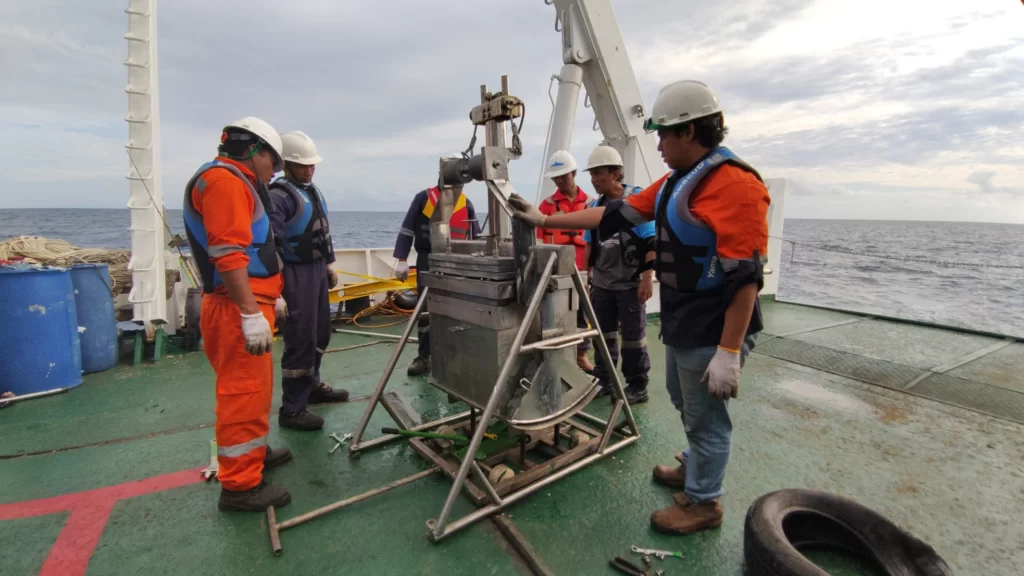
Metocean, short for meteorology and oceanography, is a branch of science that deals with the study of environmental conditions in the ocean and atmosphere. These environmental conditions include waves, currents, tides, wind, water levels, temperature, and other physical and chemical parameters that affect the behavior and performance of marine structures, offshore operations, and coastal ecosystems.
Metocean data is critical for a wide range of applications, from designing and operating offshore platforms, pipelines, and wind farms, to managing marine resources, protecting coastal communities, and predicting natural hazards. Metocean data can help engineers, scientists, and decision-makers understand the risks and challenges associated with marine activities and design effective strategies to mitigate them.
One of the key challenges in metocean is collecting and analyzing accurate and reliable data. Collecting data in the ocean and atmosphere can be difficult and expensive, as the environment is often harsh and unpredictable. In addition, data from different sources and sensors can be complex and difficult to integrate, requiring specialized expertise and advanced technologies to process and analyze.
To address these challenges, metocean professionals use a variety of tools and techniques to collect, process, and analyze data. These tools can range from satellite and radar systems to buoys, drones, and underwater vehicles. Data analysis techniques can include statistical analysis, numerical modeling, and machine learning, among others.
Metocean is a rapidly evolving field, with new technologies and techniques being developed and refined to improve data collection, processing, and analysis. As the demand for sustainable marine activities and climate resilience grows, metocean will continue to play a crucial role in helping us understand and manage our oceans and atmosphere.
In conclusion, metocean is a fascinating and vital field of study that has enormous implications for our ocean and atmosphere. By understanding the complex environmental conditions in our oceans and atmosphere, we can design and implement effective strategies to mitigate risks, protect ecosystems, and promote sustainable marine activities.
